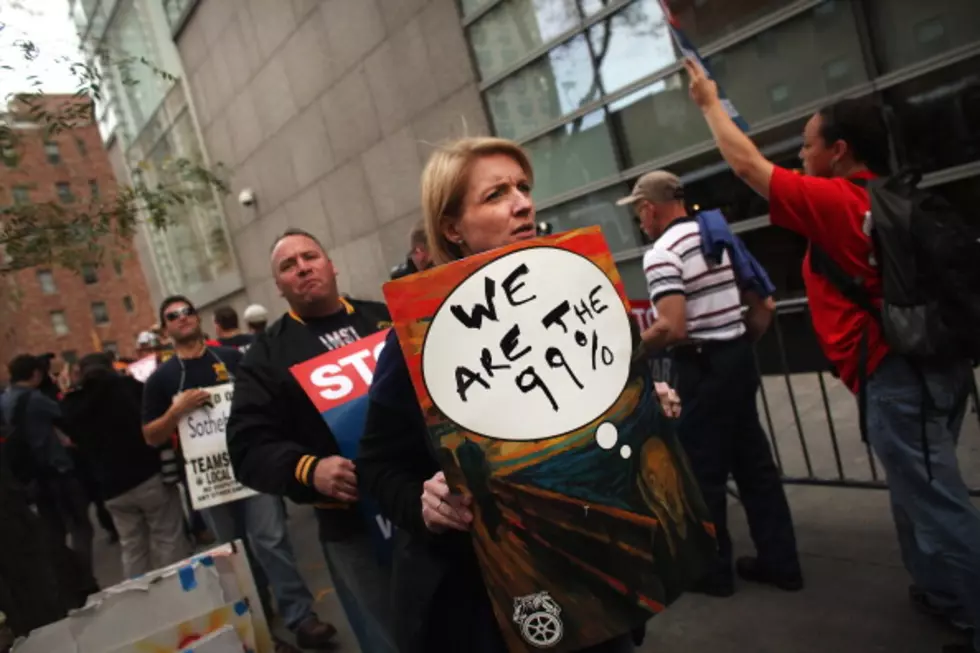
A New Report Finds The Rich Are Getting Richer
A new report by the Congressional Budget office finds the average household income for the richest one percent of Americans tripled over the past couple of decades.
Middle class incomes rose less than 40 percent during the same period.
Rutgers sociology professor Dr. Debra Carr says we don’t often feel inequity in our daily lives until it hits us personally, “and with high unemployment rates today, rising costs of healthcare, lack of insurance, rising tuition rates, each and every American is really feeling the economic hit recently.”
She says “most of us feel we can live without too much money if everybody is getting what they deserve, but given the perception that the bankers and the CEO’s who are making so much money have been dealing in a fairly dirty business in recent years- and a very highly publicized dirty business – it has made people really feel angry…people are recognizing just how vast these inequalities are, they’re feeling them really personally, whether they’re not going to the doctor, whether their children can’t go to college, whether they’re not getting jobs.”
Dr. Carr adds the trend is disturbing, because “we know that poverty is an important predictor of poor health of children’s difficulties, of marital instability…there’s going to be – if not anger- there’s going to be a lot of illness and marital dissolution and child malnutrition – I think we’re really headed towards a dangerous point.”
She also points out the Occupy Wall Street movement “is bringing attention to the fact that there are vast social inequalities that need to be resolved – and it’s not necessarily big government that’s contributing to those inequalities – in fact a more engaged government might help to minimize some of these inequalities – by enacting policies and program that help to give a minimum standard of living to all Americans.”
Dr. Carr also says “it’s the 99 percent of Americans who do not hold all the wealth, who are angry for multiple reasons – and I think that’s the point – everyone out there has something that they’re upset about -whether it’s job loss, whether it’s child care , lack of health insurance- so there are many angry people, each who are angry in a different way and each is articulating their own individual problem -but the root of the individual problems -whether it’s health care job loss, what have you, is this class inequality in just very dire economic prospects for our country and especially for the young people.”
More From New Jersey 101.5 FM









